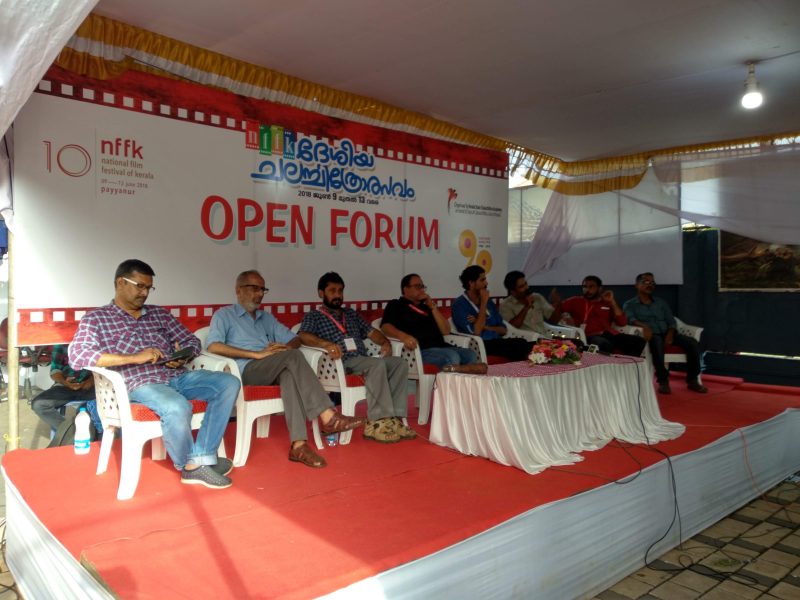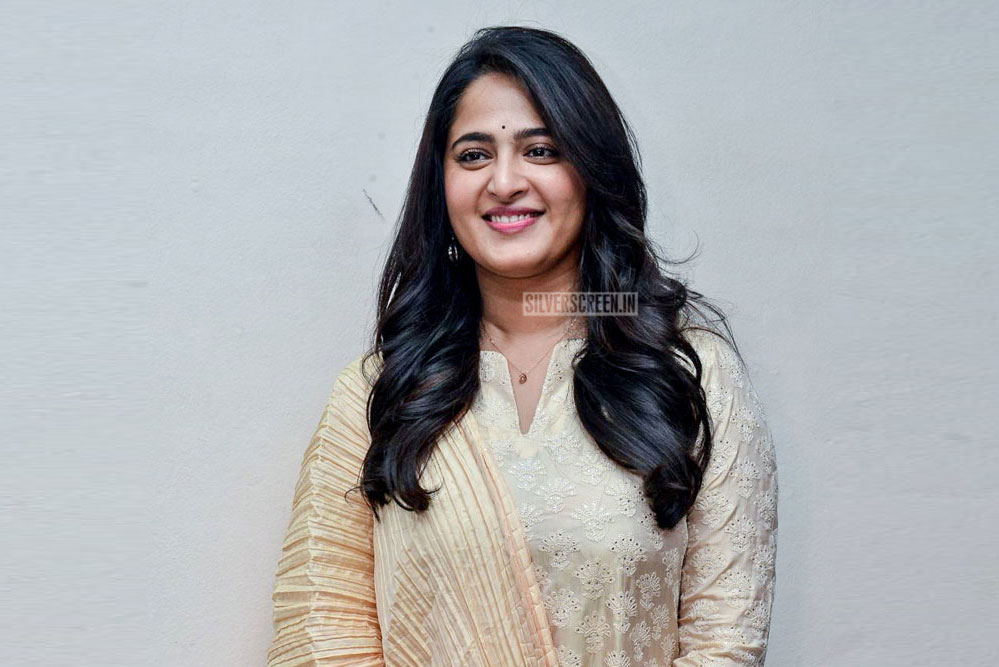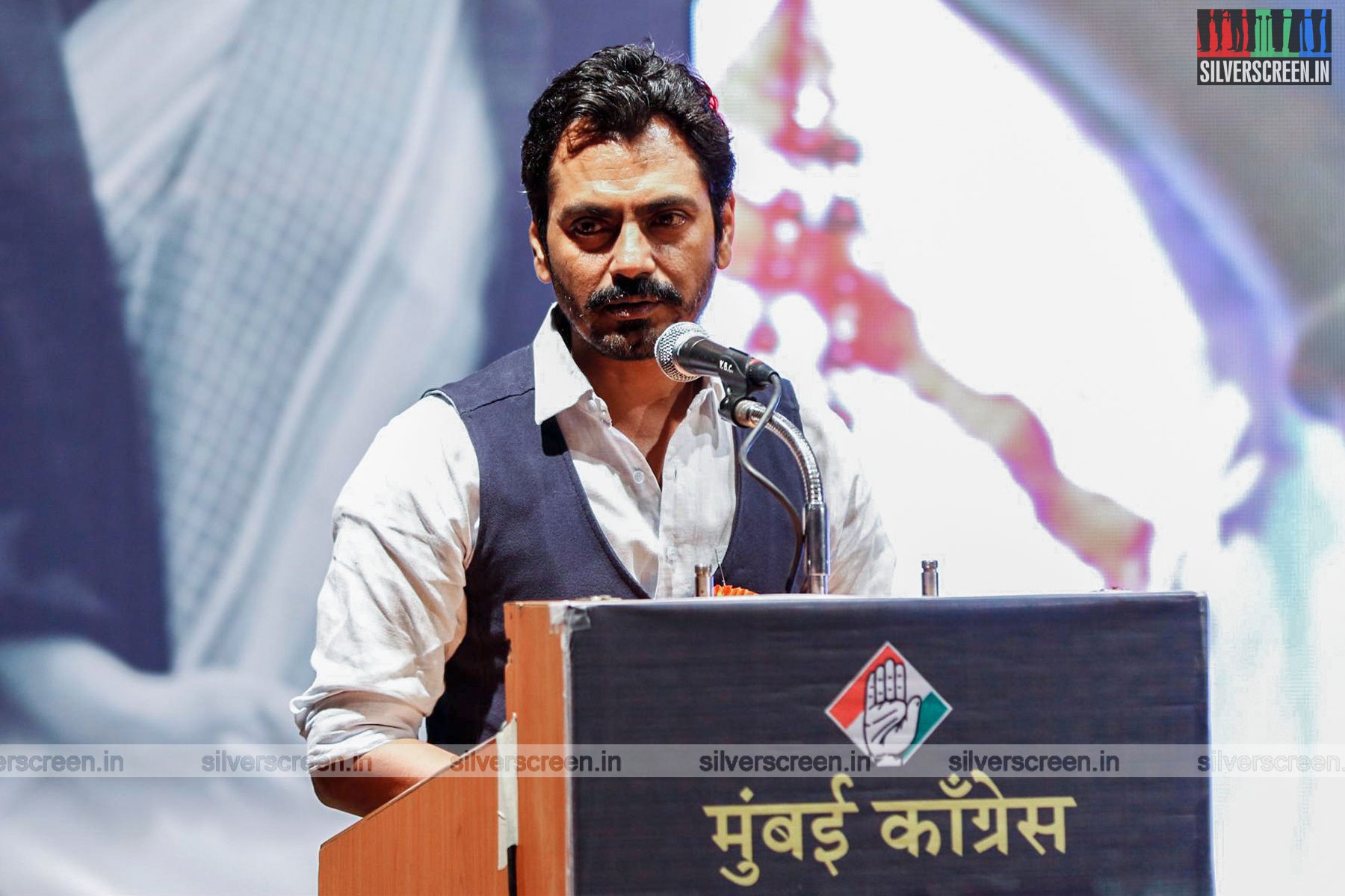Beside the ticket counter of Payyannur’s Rajadhani theatre complex, there is a bright red board which reads, “Cinema is an art, kindly appreciate it in peace and silence.” Quite an unusual sighting for a small town movie theatre that plays mainstream potboilers on a regular day. This weekend, though, was different. Rajadhani is the venue of the 10th edition of the National Film Festival Of Kerala, a five-day event organised by Kerala Chalachitra Academy that began on June 9, Saturday. True to the words on the red board, the delegates and guests at the film festival watch films inside Rajadhani’s cosy interiors in dignified silence, and later, discuss cinema and exchange ideas at the open forum.
Organised by Kerala Chalachitra Academy, the film festival showcases 28 exceptional Indian parallel films, with a special focus on contemporary Kannada cinema. The films include Nude (Marathi), Village Rock Stars (Assamese), Koormavathara(Kannada), Thithi (Kannada), Mookanayaka and Railway Children (Kannada), Eden (Malayalam), and Mayoorakshi (Bengali). The inaugural event on Saturday evening was attended by National award winning auteur Gireesh Kasaravalli, who served as the chief guest, AK Balan, Kerala’s Minister for Cultural Affairs, and Kamal, chairman on Kerala Chalachitra Academy.
Tucked away in the northern corner of the state, Payyanur is a quintessential small town that has a vibrant film society scene. However, the incessant rain that has been lashing in the state since the beginning of June took a toll on the film festival, with several special invitees and delegates cancelling their participation. At the inaugural event where national film award winners from Kerala in the last two years were scheduled to be felicitated, a few winners turned up to receive the honor. Yet, the weather couldn’t dampen the mood much; a steady stream of students and local film buffs flowed to the venue on the second day which saw a full-house open forum on Indian cinema’s regional and national dimensions.
The Saturday’s event was elevated by an eloquent address by Kasaravally who made a case for why “understanding regional cinema was the key to understanding cinema as a cultural expression and political instrument.” The talk was followed by the screening of The Cinema Travellers (2016), a brilliantly nuanced documentary on western India’s travelling talkies culture, directed by Shirley Abraham and Amit Madheshiya.
Kasaravally, known for films such as Ghatashraddha and Dweepa, heaped praises on Malayalam cinema for making films rooted to the surroundings. “Cinema is not created in isolation, but in connection with culture, tradition, socio-political movements… These (Malayalam) filmmakers have been able to lift regional issues to a global level because they have maintained that connection intact. I admire them. Through local stories, they are trying to understand the universe, and the meaning of our metaphysical existence,” he said. “These days, film festivals everywhere focus on international cinema. We know who the major filmmakers from Iran are, but we don’t know the parallel filmmakers from our own country. Local film festivals that celebrate our regional cinema is very important,” he added.
Recommended
The spectator and the filmmaker should grow simultaneously, said Kasaravally who cited the example of Rima Das’ award winning Village Rockstars. “It is a very unconventional work. We haven’t seen such a film, perhaps since 60s or 70s. She (Das) has understood cinema is not about telling stories, but discovering stories. I can’t expect filmmaker to tell me everything, but let me participate in the storytelling,” he said.
Kasaravally also made an appeal to the Kerala government to hike up their aid to the filmmakers in the state. “In Karnataka, the filmmakers get around Rs 15 lakhs as government support, Goa gives 50 percent of the film’s budget as subsidy. In Kerala, the government gives just around Rs 5 lakhs. The filmmakers here make good cinema in spite of this. I appeal to the ministers of Kerala to implement Adoor Gopalakrishnan Committee report as soon as possible,” he said.
The National Film Festival of Kerala concludes on June 13. Passes for delegates are available at the venue, Rajadhani Theatre Complex, Payyanur.
***



